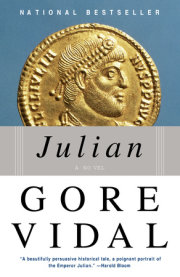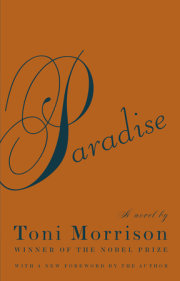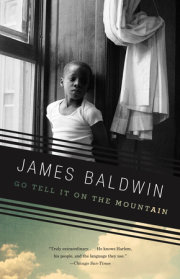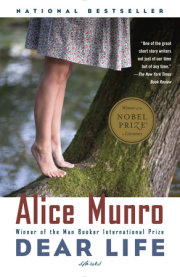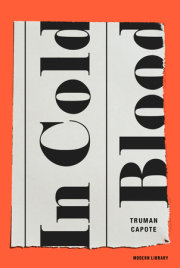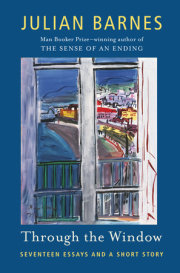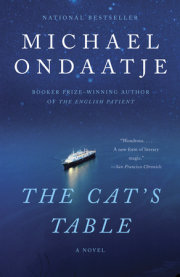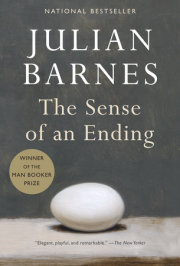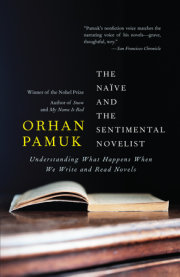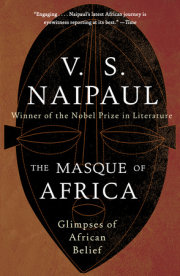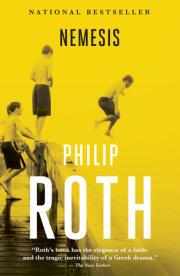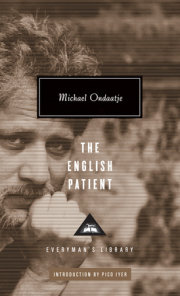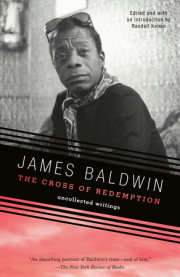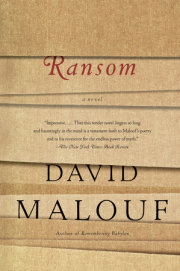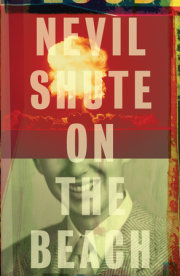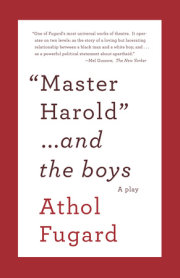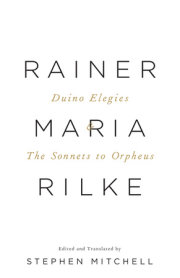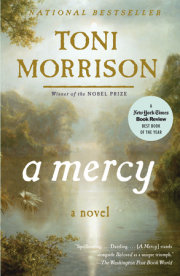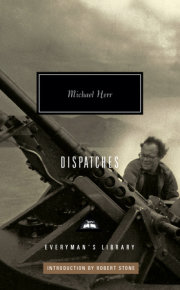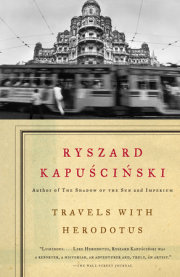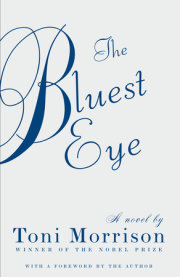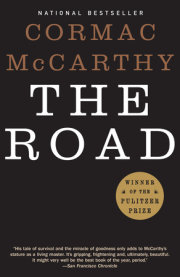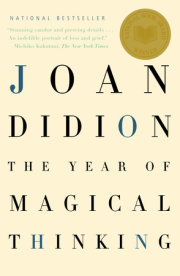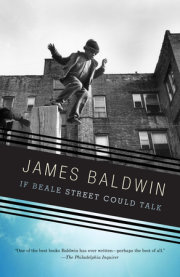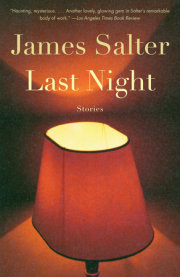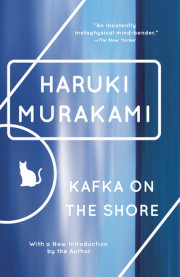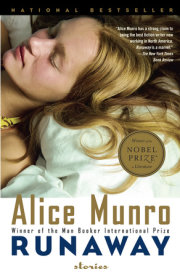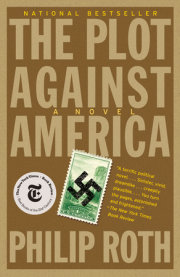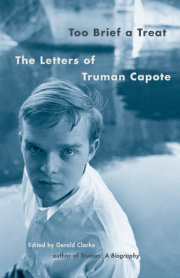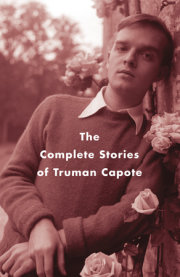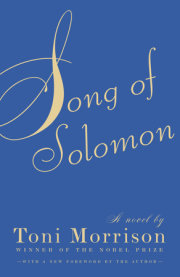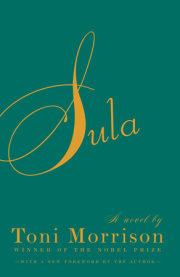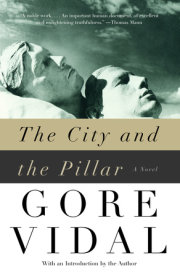I
Libanius to Priscus Antioch, March [AD.] 380Yesterday morning as I was about to enter the lecture hall, I was stopped by a Christian student who asked me in a voice eager with malice, "Have you heard about the Emperor Theodosius?"
I cleared my throat ready to investigate the nature of this question, but he was too quick for me. "He has been baptized a Christian."
I was noncommittal. Nowadays, one never knows who is a secret agent. Also, I was not particularly surprised at the news. When Theodosius fell ill last winter and the bishops arrived like vultures to pray over him, I knew that should he recover they would take full credit for having saved him. He survived. Now we have a Christian emperor in the East, to match Gratian, our Christian emperor in the West. It was inevitable.
I turned to go inside but the young man was hardly finished with his pleasant task. "Theodosius has also issued an edict. It was just read in front of the senate house. I heard it. Did you?"
"No. But I always enjoy imperial prose," I said politely.
"You may not enjoy this. The Emperor has declared heretic all those who do not follow the Nicene Creed."
"I'm afraid Christian theology is not really my subject. The edict hardly applies to those of us who are still faithful to philosophy."
"It applies to everyone in the East." He said this slowly, watching me all the while. "The Emperor has even appointed an Inquisitor to determine one's faith. The days of toleration are over."
I was speechless; the sun flared in my eyes; all things grew confused and I wondered if I was about to faint, or even die. But the voices of two colleagues recalled me. I could tell by the way they greeted me that they, too, had heard about the edict and were curious to know my reaction. I gave them no pleasure.
"Of course I expected it," I said. "The Empress Postuma wrote me only this week to say that . . ." I invented freely. I have not of course heard from the Empress in some months, but I thought that the enemy should be reminded to what extent I enjoy the favor of Gratian and Postuma. It is humiliating to be forced to protect oneself in this way, but these are dangerous times.
I did not lecture yesterday. I went straight home. I am now living in Daphne, by the way, a charming suburb which I prefer to Antioch proper because of the quiet. As I get older, I find that the slightest sound in the night disturbs me and, once awake, I have difficulty falling asleep again. You can imagine how intolerable my old house in the city became. You remember the house; it was there that I gave the reception for the Emperor Julian when he . . .
But I forget. You were not there, and you were much missed! My memory plays me odd tricks these days. Even worse, I tend to mislay the notes I jot down as reminders, or (terrible confession!) when I do find them, I am often unable to decipher my own handwriting. Age spares us nothing, old friend. Like ancient trees, we die from the top.
Except for occasional lectures, I seldom go into town, for the people, though my own, distress me with their loud voices and continual quarreling, their gambling and sensuality. They are hopelessly frivolous. Nights are made day with artificial light, while nearly all the men now use depilatories, which makes it difficult to tell them from women . . . to think how I once eulogized this city! But I suppose one must be tolerant, recalling that the Antiochenes are the victims of a demoralizingly sultry climate, the proximity of Asia and of course that pernicious Christian doctrine which asserts that a sprinkling of water (and a small donation) will wash away sin, again and again and again.
Now, my old friend, as I sit here in my study surrounded by our proscribed friends (I mean those books of Greece which made the mind of man), let me tell you what thoughts I had last night—a sleepless night not only because of the edict but because two cats saw fit to enliven my despair with the noise of lust (only an Egyptian would worship a cat). I am weary today but determined.
We must fight back. What happens to us personally is not important, but what happens to civilization is a matter of desperate concern. During my sleepless night, I thought of various appeals that might be made to our new Emperor. I have a copy of the edict before me as I write. It is composed in bad bureaucratic Greek, the official style of the bishops, whose crudity of language is equaled only by the confusion of their thought. Not unlike those celebrated minutes of the council at—where was it? Chalcedon?—which we used to read aloud to one another with such delight! Carefree days, never to come again. Unless we act now.
Priscus, I am sixty-six years old and you are, as I recall, a dozen years older than I. We have reached an age when death is a commonplace not to be feared, especially by us, for is not all philosophy but preparation for a serene dying? And are we not true philosophers who have nothing to lose but that which in the natural course we shall surrender in any case, more soon than late? I have already had several seizures in recent years which left me unconscious and weakened, and of course my chronic cough, aggravated by an unseasonable wet winter, threatens to choke me to death at any time. I am also losing my sight; and I suffer from a most painful form of gout. Therefore let us, fearing nothing, join forces and strike back at the Christians before they entirely destroy the world we love.
My plan is this. Seventeen years ago when you returned from Persia, you told me that our beloved friend and pupil, the Emperor Julian, had written a fragment of memoir which you had got hold of at the time of his death. I have often thought to write you for a copy, simply for my own edification. I realized then, as did you, that publication was out of the question, popular though Julian was and still is, even though his work to restore the true gods has been undone. Under the Emperors Valentinian and Valens we had to be politic and cautious if we were to be allowed to go on teaching. But now in the light of this new edict, I say: an end to caution! We have nothing but two old bodies to lose, while there is eternal glory to be gained by publishing Julian's memoir, with an appropriate biography to be written by either or both of us. I knew his quality best, of course, but you were with him in Persia and saw him die. So between the two of us, I his teacher and you his philosopher-companion, we can rehabilitate his memory and with close reasoning show the justice of his contest with the Christians. I have written about him in the past, and boldly. I refer particularly to the eulogy I composed just after his death when, if I may say so, I was able to bring tears even to hard Christian eyes. Shortly afterwards, I published my correspondence with Julian. Incidentally, I sent you a copy and though you never acknowledged this gift, I do hope you found it interesting. If by any chance you did not receive it, I shall be happy to send you another one. I kept all of Julian's letters to me over the years, as well as copies of my own letters to him. One can never rely on the great keeping one's letters; and should those letters vanish, one is apt to be remembered only as the mysterious half of a dialogue to be reconstructed in the vaguest way from the surviving (and sometimes lesser!) half of the exchange. Finally, I am at work on an oration to be called "On Avenging the Emperor Julian." I mean to dedicate this work to Theodosius.
Let me know as soon as possible if you concur in my plan. I repeat: we have nothing to lose. And the world has much to gain. By the way, as a sign of the times, there is now a
Latin Academy at Antioch, with a heavy enrollment. It is enough to chill the blood. The young men are deserting Hellenic studies for Roman law in the hopes of government preferment. My own classes are still large but many of my colleagues are literally starving to death. Recently, a student (Christian, of course) most tactfully suggested that I, Libanius, learn Latin! At my age and after a lifetime devoted to Greek! I told him that as I was not a lawyer there was nothing I needed to read in that ugly language, which has produced only one poem and that a depressing paraphrase of our great Homer.
I hope after so many years of silence between us that this letter finds you and your admirable wife, Hippia, in good health. I envy you your life at Athens, the natural center of our universe. Do I need to add that I will of course defray any expenses you might incur in having Julian's memoir copied? The price of copying, luckily, is less at Athens than here at Antioch. Books always cost more in those cities where they are least read!
Added: An old rumor has just been confirmed. The Great King of Persia, Sapor, is dead at last. He was over eighty and reigned most of his life. A strange coincidence that the king who struck down our beloved Julian should die just as we are about to restore his memory. I was once told that Sapor had read my
Life of Demosthenes and admired it. How marvelous books are, crossing worlds and centuries, defeating ignorance and, finally, cruel time itself. Let us make Julian live again, and for all time!
Priscus to Libanius Athens, March 380
Yes, the edict is well known here, but the general feeling at the University is that despite its severe tone we are not apt to be persecuted. The schools are flourishing. The little Christians flock to us to be civilized, and I find them much like their Hellenist brothers. But then all young people seem to me more and more alike. They ask the same questions and they give you the same answers to the questions they ask you. I despair of teaching anyone anything, least of all myself. I have not had a new idea since I was twenty-seven. That is why I don't publish my lectures. Also, too many of us publish out of vanity or to attract students. At seventy-five (I am nine, not a dozen, years older than you) I am an empty flagon. Tap me and you will hear an awful hollow sound. My head is a tomb quite as empty as the one Jesus is supposed to have walked away from. I incline now to Crates and the early Cynics, less to Plato and the rest. I am not in the least convinced that there is a Divine Oneness at the center of the universe, nor am I susceptible to magic, unlike Julian, who was hopelessly gullible. I often thought Maximus exploited his good-heartedness. But then I never could endure Maximus. How he used to waste Julian's time with his seances and arcane gibberish! I teased the Emperor about him once, but Julian only laughed and said, "Who knows through what door wisdom will walk?"
As to your publishing project, I am not at all certain that a sympathetic biography of Julian would have the slightest effect at this time. Theodosius is a military politician, impressed by bishops. He might of course sanction a biography of his predecessor simply because Julian is much admired to this day, though
not for his philosophy. Julian is admired because he was young and handsome and the most successful general of our century. The people have a touching admiration for generals who win battles, which is why there are no heroes today. But if Theodosius did permit a biography, it would have to avoid the religious issue. The bishops would see to that. And for ferocity there is nothing on earth to equal a Christian bishop hunting "heresy," as they call any opinion contrary to their own. Especially confident are they on that subject where they are as ignorant as the rest of mankind. I mean death. Anyway, I don't want to fight them, because I am one and they are many. And though I am, as you so comfortingly suggest, old and near the end of my life, I enjoy amazingly good health. I am told that I look no different than I did at forty, and I am still capable of the sexual act at almost any time. This vitality repels Hippia, who has aged noticeably in the last few years, but it seems to please various young women in a certain quarter of Athens which you doubtless have heard of—in novels of the Milesian school!
Do I make myself clear? I have no wish to be burned alive or stoned or tacked up to the door of a Christian church, or "charnel house" as Julian used to call them.
You may be as brave as you like and I will applaud you in my heart. But I have no intention of writing a single sentence about Julian, fond as I was of him and alarmed as I am at the strange course our world has taken since the adventurer Constantine sold us to the bishops.
Julian's memoir was written during the last four months of his life. It was begun in March 363, at Hierapolis. Nearly every night during our invasion of Persia he would dictate recollections of his early life. The result is a bit helter-skelter, for both as a writer and as a man he was swift and impulsive. He once told me that he would like to compose an autobiography on the order of
Marcus Aurelius to Himself, but he lacked that writer's discipline. Julian was also influenced by Xenophon's
The March Upcountry, since Xenophon took much the same route we did seven centuries later. Julian's interest in history was always lively, and he was a great sightseer. The resulting memoir is something of a hybrid; even so, Julian was often an engaging writer, and if he was not better it is because it is hard to be emperor, philosopher and general all at once. He was also indiscreet about everyone. I hope you forgive him. I have done so. He suspected that he had very little time and he wanted to get everything said. As for his mysterious death, I have a theory as to what happened, which I will explain to you in due course.
I have never quite known what to do with this work. When Julian died, I took all his personal papers, suspecting that his Christian successors would destroy them. I had no right to these papers, of course, but I don't regret my theft. I told no one about the memoir until I was back safe in Antioch, where I must have mentioned it to you the day you read us your famous eulogy. I was so moved by your eloquence that I betrayed my own confidence.
I am now having a fair copy made of the manuscript. You are misinformed if you think copying is cheaper here than at Antioch. Quite the contrary. The estimated cost will run to eighty gold solidi, which I suggest you send by return post. On receipt of the full amount, I will send you the book to use as you see fit. Only do
not mention to anyone that I had any connection with the matter. I have not the slightest desire to endure martyrdom at this time, or ever.
I thought I had written you about your collection of letters. I did get the book and it was very thoughtful of you to send it to me. We are all in your debt for those letters, especially yours to Julian. They are wise. I know of no other philosopher so sensible of posterity as to keep copies of
every letter he writes, realizing that even his most trivial effusion has, in the context of the large body of his work, an eternal value. Hippian joins me in wishing you good health.
Copyright © 2003 by Gore Vidal. All rights reserved. No part of this excerpt may be reproduced or reprinted without permission in writing from the publisher.


